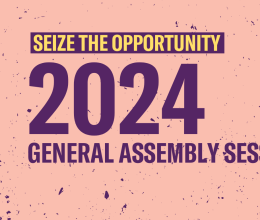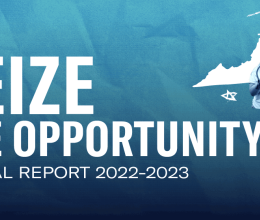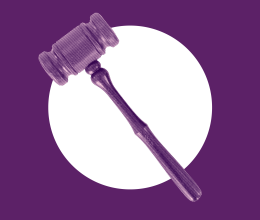
Free speech case arguments to be heard tomorrow morning in Richmond
Richmond --The Fourth Circuit Court of Appeals will hear arguments tomorrow morning on why certain restrictions on demonstrations at the Pentagon violate the First Amendment of the Constitution. The case arises from the arrest in 1999 of an individual who stood outside the Pentagon to protest the dropping of an atomic bomb on Hiroshima , Japan , during World War II.
Defendant Peter DeMott, along with approximately 40 other individuals, assembled on the steps of the river entrance to the Pentagon for a peaceful protest. Although they were not disrupting operations at the government complex nor blocking persons entering or exiting the building, Pentagon security officials ordered the protestors to leave. When DeMott refused, he was arrested and charged with demonstrating without a permit and failure to obey a lawful order. The government dropped the former charge but not the latter.
Under Pentagon rules, no one may demonstrate on Pentagon property without first obtaining a permit. In addition, all literature distributed on the premises must be cleared by the Department of Defense.
U.S. v. DeMott will be argued in the morning of April 5, 2002 before a three-judge panel of the Fourth Circuit Court of Appeals in Richmond . It is third on the docket in the green courtroom. Sebastian K. D. Graber, Esq., will argue the case for DeMott.
DeMott was represented in federal district court in Alexandria by then ACLU of Virginia cooperating attorney Sebastian K. D. Graber. The district court found Demott guilty of the charge. On the appeal, the ACLU of Virginia filed an amicus brief. Graber now serves as the court-appointed attorney for DeMott.
"If the First Amendment stands for anything," said Graber, "it is the right to protest in a public place--and that includes the Pentagon."
"The Pentagon's restrictions on demonstrations violate both the letter and spirit of First Amendment," said ACLU of Virginia Executive Director Kent Willis. "The First Amendment not only protects the right to protest, but guarantees that such protests can occur in meaningful public places. If you want to protest the bombing of Hiroshima , there is no more symbolically meaningful place than the Pentagon."
Contacts: Kent Willis, Executive Director, ACLU of Virginia, 804-644-8022 Rebecca Glenberg, Legal Director, ACLU of Virginia, 804-644-8022 Sebastian K.D. Graber, Esq., (703) 685-3860



